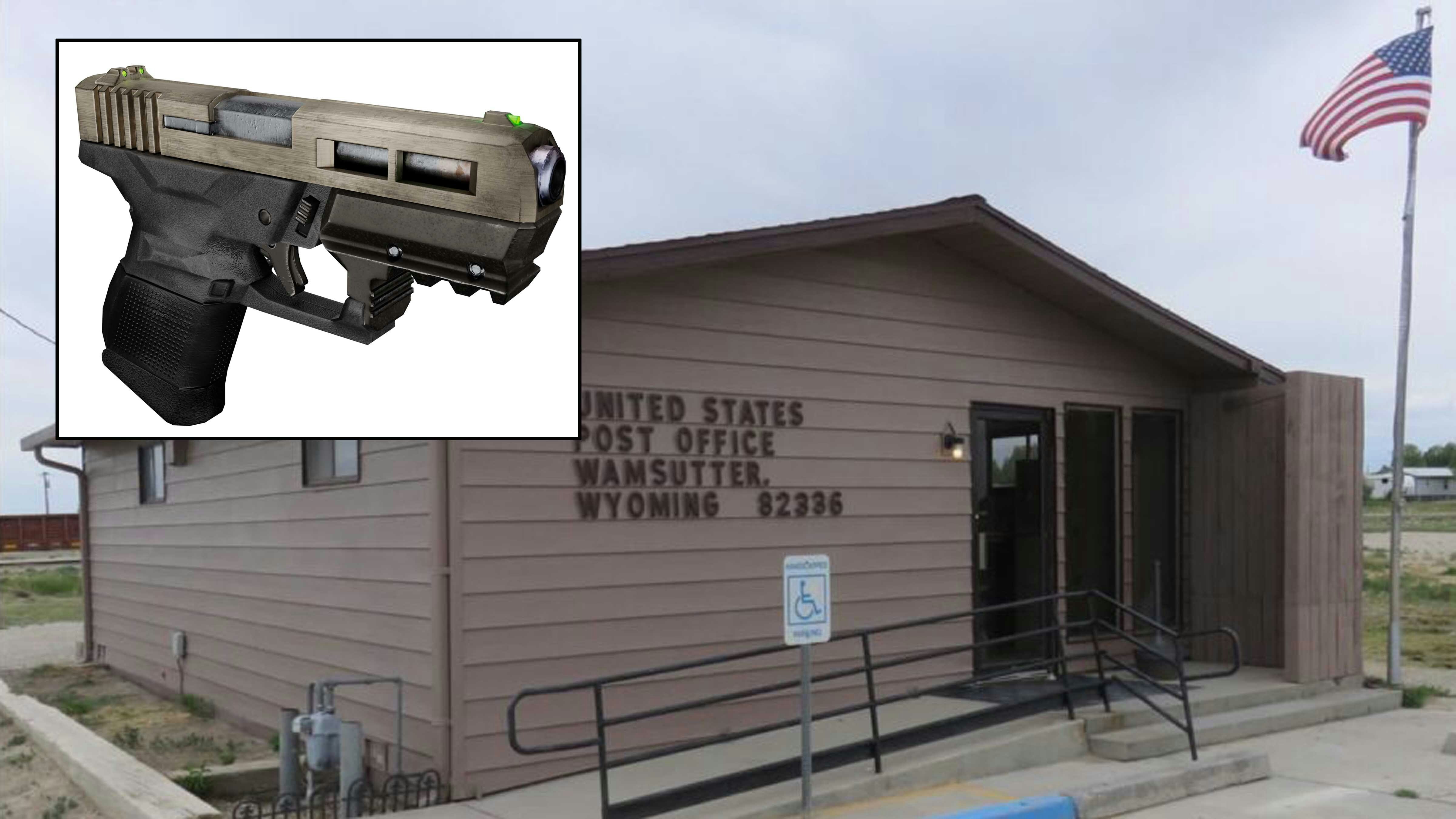Many Coloradans have noticed an egg shortage, and some are blaming a new state law requiring big egg producers to go cage-free by Jan. 1.
The Colorado Attorney General’s Office announced Oct. 28 that all eggs sold in Colorado must be from cage-free facilities starting in 2025. And all egg producers based in Colorado that house more than 3,000 laying hens have to go cage-free as well.
This is the final phase of a multi-step plan that started in 2020, says the statement.
Shoppers faced with empty egg shelves have taken to social media, many blaming the law’s imminent implementation for the shortage.
One small family producer, Cyrus Koehn at What A Yolk Egg Farm in Ault, Colorado, told Cowboy State Daily on Wednesday that the shortage has been pronounced for about two months.
It has multiple causes, he said.
“It’s several factors,” said Koehn. “Some (farmers) had to kill a lot of birds because of the bird flu. There were some (Eastern-states) hatcheries that flooded in the spring.”
A lot of Colorado’s birds come from the American East, he added.
The law has put a strain on egg availability because “not everybody was ready for that,” Koehn said.
His farm has been cage-free since its genesis, however, he said, noting that the egg shortage has been helping his business some.
Absolutely Not, Say The Big Farms
Bill Scebbi, executive director of Colorado Egg Producers, which represents five large commercial egg farms in Colorado, was adamant that the imminent law is not to blame.
“Not at all. Absolutely not at all,” said Scebbi, who attributes the shortage to the avian influenza, which made headlines this past summer. The Centers for Disease Control and Prevention is tracking public health risks from bird flu as well.
Producers nationally “have lost over 79 million hens because of avian flu,” said Scebbi. “It’ll take time (to recover).”
Scebbi said the commercial producers have been sourcing eggs from other neighboring states, especially those that can take orders about six months in advance. He said he didn’t know of such a producer in Wyoming.
A Quick Survey
In a quick survey of 10 grocery stores in the cities of Pueblo, Grand Junction, Parker, Fort Collins and Denver, eight of the stores said they weren’t running low on eggs. One of those was a Safeway on Corona Street in Denver whose attendant said, “Yes, we just got eggs in.”
The other two stores reported being out of eggs or very low on them.
“No eggs ’til this evening,” said an attendant at the 20th Avenue Safeway in Denver. The reason why is “not for me to know,” the attendant added.
The Whole Foods in Denver’s Cherry Creek area said the egg stock was very low, and the product was trickling in slowly.
But perceived or actual shortages aren’t the only issues.
After dropping in September 2023, average egg prices are skyrocketing again.
They averaged $2.07 per grade A dozen in September 2023, according to the Bureau of Labor Statistics, and $3.82 per dozen one year later.
In September 2020, eggs averaged just $1.32 per dozen, says the same chart.
The all-time high of the past 20 years came in January 2023, at $4.64, and the all-time low of the past 20 years came at the start of that period: $1.09 in October of 2004.
Clair McFarland can be reached at clair@cowboystatedaily.com.





